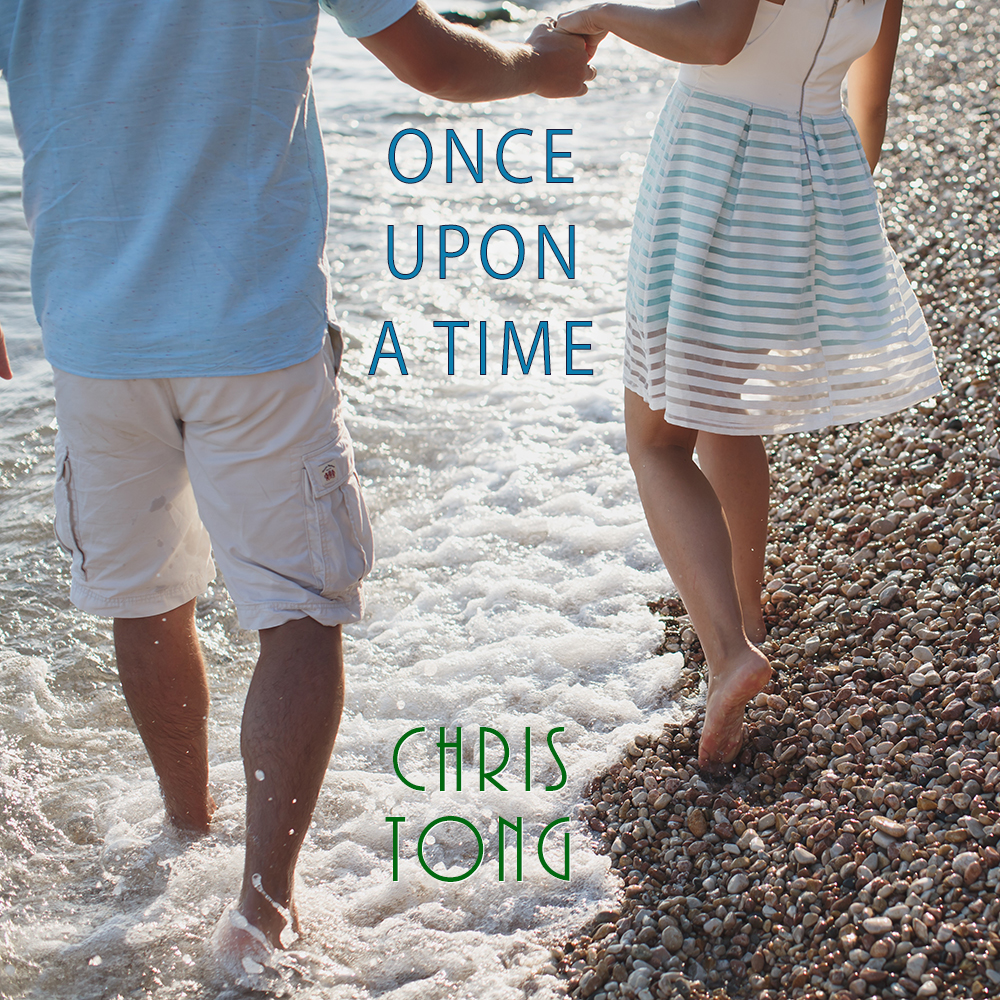| Home | Playlists / Albums | Other Music | Music Links | About Chris | Contact Chris |

|
Once Upon A Time LINKS ABOUT THIS SONG music: Charles Strouse lyrics: Lee Adams release date of this version: July 13, 2023 length: 3 min 30 sec vocals: Chris Tong karaoke arrangement: MIDIFine Systems Once Upon A Time is a lovely, heart-wrenching ballad that isn't that well-known, even though it has been sung by well-known singers like Frank Sinatra and Tony Bennett. I'm singing to a karaoke arrangement based on Frank Sinatra's version of the song. The exquisitely beautiful orchestration is by master arranger, Gordon Jenkins. LYRICS ONCE UPON A TIME Once upon a time |
|
ADDITIONAL NOTES A Goldilocks ending. The beginning and middle of this song emphasize the sweetness of the remembered "once upon a time", many years ago. When I was considering how I wanted to end this song, I listened to what are probably the two best versions from Frank Sinatra and Tony Bennett. The two endings are completely different! Both endings have their own logic, which I'll now explain. Tony Bennett's ending stays in the sweetness of that memory, without letting the fact that it is no longer true diminish that sweetness: You could say his ending invites you to forget the present and lose yourself in the sweetness of that remembered time. In contrast, Frank Sinatra's ending focuses on the loss, the fact that what was sweet is now gone. The mood is almost funereal, with all the "life" drained out of the melody as he sings the last line using the same note over and over, with a minor key playing in the background: As in the story of Goldilocks, I found Bennett's ending too "sweet", and Sinatra's ending too "bitter". So I created an ending that musically is sonewhere in between — "bittersweet", you could say. As I sing the last words, I intend it to almost sound like the song is going to have a happy ending — but then after I finish singing, the song turns dark as it changes to the minor key. I want the listener to leave the song feeling both the sweetness of the memory and the sadness of the reality. A master arranger. Back in the 1950's and 1960's, the best orchestrators for songs were Nelson Riddle and Gordon Jenkins. Both gained recognition through their arrangements for Frank Sinatra's songs, and both had a strong relationship with the singer, who drew on their talents repeatedly. Jenkins' arrangement for Once Upon A Time is a masterpiece. While I could point to so many examples throughout the song, I'll just illustrate with one example: his featuring of the tritone in the instrumental introduction. In my book, anyone who finds a way to feature the tritone in a song, and bring out its "loveliness", is a musical hero! In the audio example below, the key of the song is A major, and the tritone is comprised of the two notes, A and D#. I begin this clip by alternating on the piano between A and D#, then playing them together, so you can hear the dissonance. The tritone was referred to as the "diabolus chord" (the "devil's chord") in the Middle Ages, because the top note is just below the most harmonic chord (the "dominant chord"), formed from A and E. Naming it the "diabolus chord" is similar to how the number "6" is considered (in certain numerological systems) "diabolical" because it is just one short of the Divine number, "7". (More about the tritone here.) However, for this very reason — that the top note of the tritone chord is just one short of the top note of the dominant chord — if you immediately follow the tritone chord with the dominant chord, it produces a wonderfully satisfying musical feeling of resolution — moving, as it does, from the most dissonant chord to the most harmonic chord. I illustrate that on the piano, and then include Jenkins' instrumental introduction to Once Upon A Time, where he has the flute do the very same thing: which produces a particularly poignant sound, that perfectly reflects, in music, the ambivalence of the song's lyrics, which waver between sweetness and sadness. Truly a master arranger! Postscript: Not surprisingly, because I love the tritone (when it is followed by the dominant) so much, I've used it in my own songs, most notably, the bridge section of Space Girl 2. My favorite line. My favorite line in the song is this one: "Once upon a time, the world was sweeter than we knew." It is true wisdom — similar to insights like "you don't know what you've got 'till it's gone" (Joni Mitchell) and "youth is wasted on the young", but expressed far more poignantly. The mysteries of songwriting sensibility. I made one change to the lyrics. In the first verse, I changed the last line: |
top |
| Home | Playlists / Albums | Other Music | Music Links | About Chris | Contact Chris |